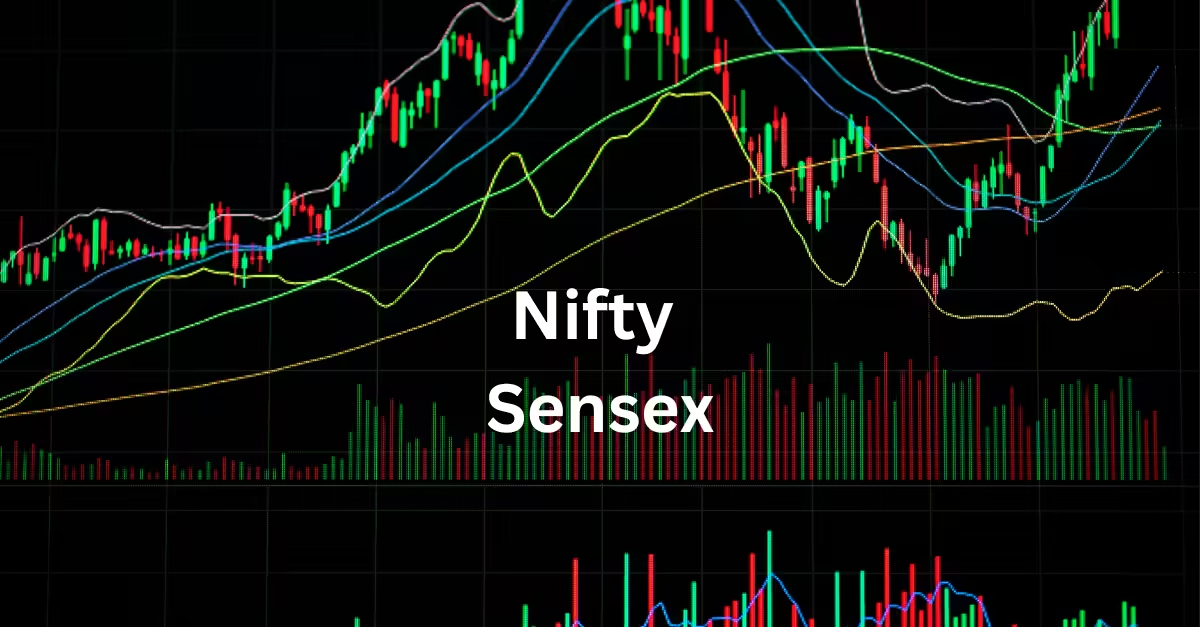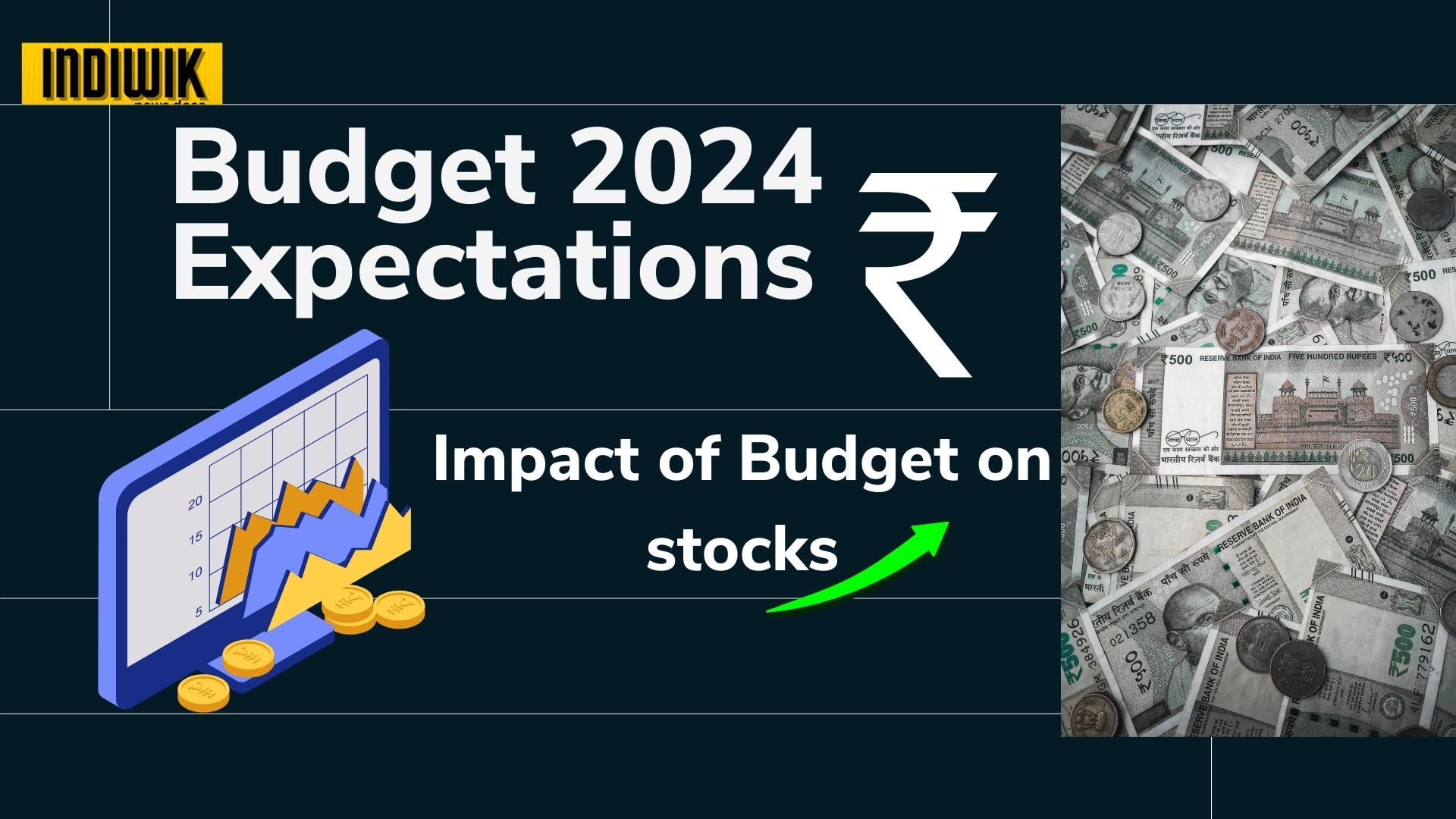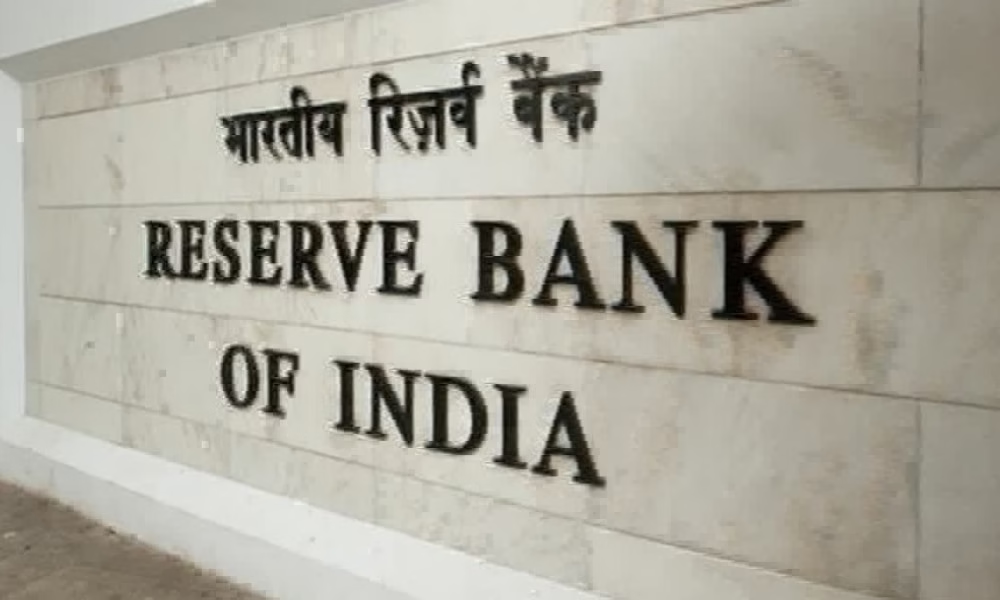
In a noteworthy turn of events, foreign portfolio investors (FPIs) infused a substantial Rs 3,346.94 crore into Indian stock markets during the week ending June 14, 2023. This influx was largely attributed to a surge in positive sentiment following a rate cut announcement from the Reserve Bank of India (RBI).
For those not keeping score, this rate cut by the RBI was a surprise move that delighted investors. The Monetary Policy Committee (MPC) made the decision to lower the repo rate by 50 basis points, bringing it down to 5.5 percent. This prompted an enthusiastic response from investors, leading to strong cash flows into the market, particularly during the first three trading sessions of the week from June 9 to June 13.
However, as the week progressed, the mood shifted dramatically. Geopolitical tensions, particularly the ongoing conflict between Israel and Iran, cast a shadow over the market’s buoyant atmosphere. As concerns about these global developments heightened, investors began to pull back, seeking refuge in safer assets like gold.
On the final trading day of the week, Friday, the market witnessed a significant wave of selling. FPIs withdrew a noteworthy Rs 3,275.76 crore from Indian equities, dramatically altering the week’s net investment figures. Even with the earlier bullish sentiment, the massive outflow at week’s end was substantial enough to lower the total FPI investment for the week to Rs 3,346.94 crore.
Despite this week’s strong inflow, the overall trend for FPIs in June remains concerning. As per data from the National Securities Depository Limited (NSDL), FPIs have withdrawn a striking Rs 5,402 crore from Indian equity markets so far this month. This net outflow indicates that despite a temporary boost, the market is facing headwinds.
Reflecting on the recent past, May shaped up to be an excellent month for foreign investments, with net inflows reaching Rs 19,860 crore. This made May the best-performing month of the year in terms of foreign portfolio investments.
However, the preceding months had been less favorable. In March, FPIs sold stocks worth Rs 3,973 crore. Earlier in the year, January and February had shown more substantial selling activity, with foreign investors offloading Rs 78,027 crore and Rs 34,574 crore respectively. This overall trend highlights the volatility and risk perception shaping FPI behavior in response to both domestic policy changes and international developments.
While the RBI’s rate cut provided a momentary uplift, external factors such as geopolitical instability often have far-reaching impacts that affect investor sentiment. When uncertainty looms large on the global stage, it tends to divert investments from emerging markets like India toward more stable and secure options.
For Indian markets, the delicate tug-of-war between local policy changes and global sentiments continues. Investors remain hopeful that the RBI’s timely interventions might stabilize sentiment in the long run, but the reality of geopolitical events frequently disrupts this optimism.
Ultimately, while the infusion of capital from FPIs this week provides a glimmer of hope, the struggle to maintain these inflows amidst international unrest leaves the market in a precarious situation. Investors will be keeping a close eye on the developments in the Middle East as well as future announcements from the RBI to gauge the potential direction of FPI investments going forward.
For now, the Indian markets reflect a complex landscape, balancing the promise of favorable monetary policies against the unpredictable fluctuations caused by global tensions. Investors must remain vigilant, discerning when to plunge into the market and when it might be prudent to take a step back as risks continue to emerge from the international sphere. In a nutshell, it encapsulates the challenges facing emerging markets like India, where local economic strategies must constantly navigate the currents of global events.











